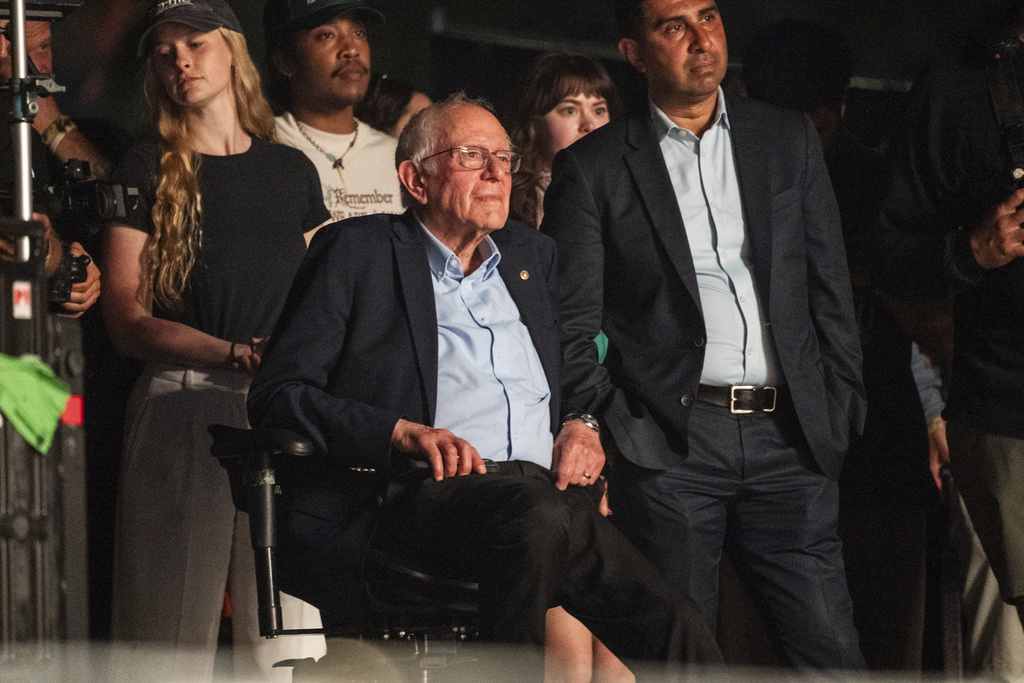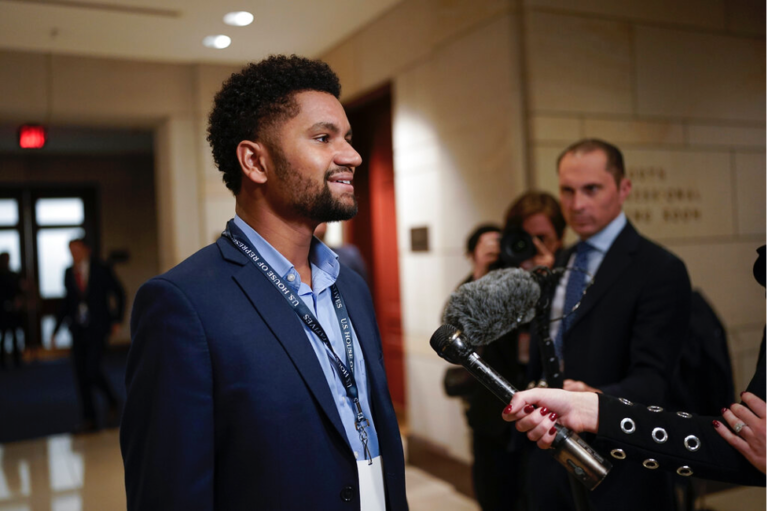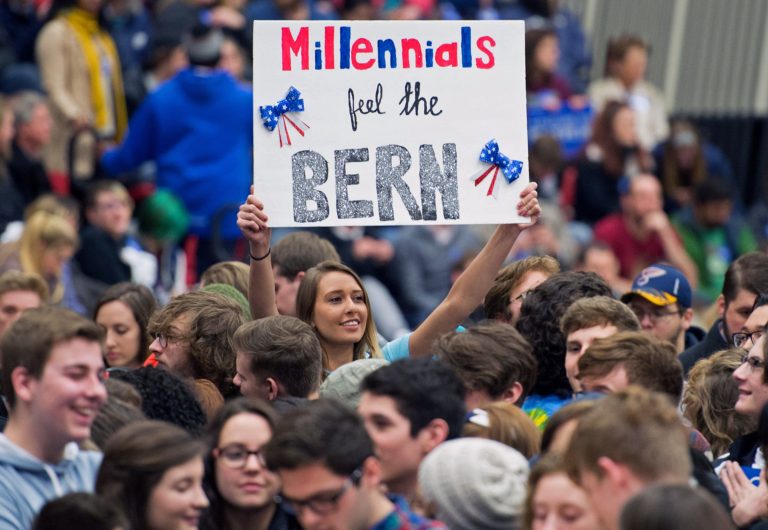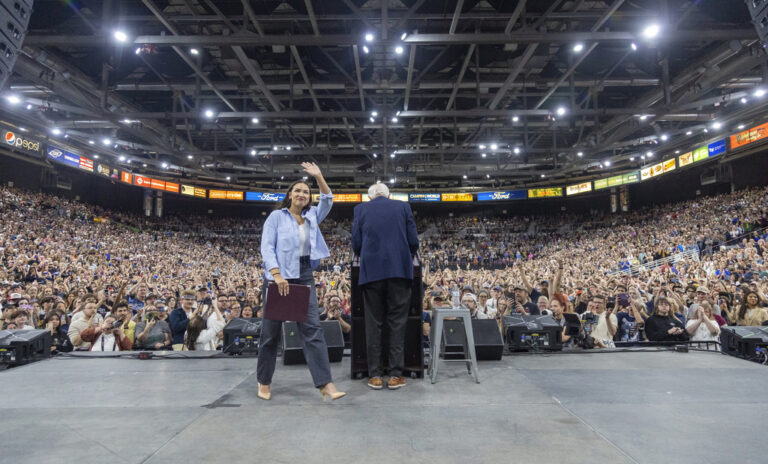
At the Woodstock Festival in 1969, social activist Abbie Hoffman delivered a speech condemning the injustice in drug laws in the United States during the Who’s set. Woodstock was not inherently a political event, or labeled as such, but Hoffman, a spectator and activist, took to the stage on his own account to make it one.
Bernie Sanders was invited to be on stage at Coachella this year, and in the same spirit as Hoffman, he directed attention away from the music to the political turmoil of America and the issues he and many others deem looming. On Saturday night, Sanders introduced the concert’s headliner, Clairo, but not before addressing pressing political issues including “economic inequality, universal healthcare, threats to abortion rights, and climate change.”
Like Hoffman, Sanders’ presence at Coachella took a so-called “non-political” event and quickly turned the focus and intention directly on politics. The mention of Trump by Sanders received an immediate response of boos streaming from the audience waiting to hear Clairo, who is also known for her progressive fan base. So why did Sanders preach about Trump’s policies and issues created by the current extremist right-wing government powers to a crowd who, for the most part, likely already agreed with him?
Although there was a prevailing notion for the past decade that Gen Z and millennials, many of whom make up the attendees at Coachella, are politically motivated towards and passionate about a progressive future, the strong move to the left is accompanied by despondency for change, according to a report from UC Berkeley. Nearing the last presidential election, researchers found that young voters are experiencing a sense of hopelessness unlike generations prior due to the fractured nature of the government, existential issues, and greater risks associated with a sense of fatalism. Regardless of political party, these fears are growing and pose the risk of a decrease in political action and passion. Sanders’ speech at Coachella and his relentless attitude during his Fighting Oligarchy Tour are crucial for reinvigorating the American youth with hope and motivation through passionate and convincing rhetoric.
“Now you can turn away, and ignore what goes on,” Sanders proclaimed at the festival, “but if you do that, you do it at your own peril.” Warnings about the dangers of impending policies and current decisions are important for creating awareness. Sanders points out that being aware without transforming worry or concern into meaningful action is only self-destructive for younger generations.
Abbie Hoffman taking the stage at Woodstock was monumental; the legacy of his bold action, allegedly resulting in Pete Townshend of the Who hitting him with his guitar and cursing him out, is still remembered by many today. However, at the time of his activism, the lack of social media limited the immediate message of his words and actions to those who saw him or the press that covered his brief but powerful stint on stage. Sanders, on the other hand, was directly speaking to a much larger crowd than Clairo’s audience in Coachella Valley. Through TikTok, Instagram, YouTube, and the national press, Sanders’ words reached young people throughout the nation of all backgrounds, socioeconomic statuses, and political affiliations.
Infusing areas of life — especially art — that are not dedicated to politics with a political call to action has long been a method of forcing attention on pressing matters, but can be easy for many to ignore out of hopelessness. Today, as many remain hopeless and unmotivated, embracing this tactic as Sanders has is more important than ever. Pressuring individuals who may not be inclined to attend a political rally or even turn on the news to at least listen, if only for a few minutes, is needed at a time when morale is down and the near future appears grim for progressive change, with exponentially worsening crises at home and abroad.
Bernie Sanders’ appearance at Coachella implores one message above all, applicable to more than the context of Coachella: there must continue to be interruptions in non-political arenas when it is possible to do so. Progressive agendas must be executed to inspire younger generations, especially individuals who can turn away from issues in times of despondency, to signal the necessity of immediate action and push against imminent threats to the nation’s democracy.
The Zeitgeist aims to publish ideas worth discussing. The views presented are solely those of the writer and do not necessarily reflect the views of the editorial board.



